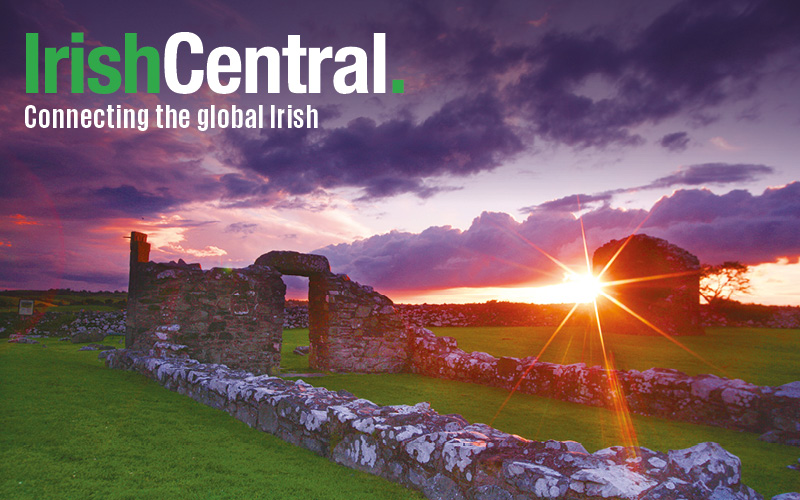120,000 people took to the streets in Irish towns and cities in foul weather yesterday as the Irish water uprising continued and citizens said no to yet another tax, this time water charges.
In an unprecedented showing of populist fury over the introduction of the charges the same phrase reverberated, water charges are "the straw that broke the camel's back.”
A new opinion poll showed the government in freefall with under 30 per cent support.
From Mayo and from Sligo and from Leitrim they came, and from all the outraged towns and parishes in the Republic, to send a clear and unmistakable message to the Irish government: E-N-O-U-G-H.
Weary of years of biting austerity and the financial and political mismanagement that burdened them with it, the sleeping Irish giant finally awakened this weekend in a historic protest march that saw protesters pushing back against cuts and charges that have squeezed them so mercilessly for so long.
Almost 100 protests were held nationwide yesterday over the controversial water charges that were introduced last month.
The charges are the latest austerity measure in the government's plan to pay back the international financial bailout the state had to seek in 2010.
But observers claim that the disparity between the haircut the Irish have taken compared to the rest of Europe is infuriating the nation, as is the ham-fisted rollout of the new water charges.
Ireland – which represents less than one percent of Europe’s population – has taken on a massive 43 percent of the net cost of the European banking crisis across all 27-member states, according to Eurostat.
That’s $51 billion out of an overall $120 billion. The cost of the 2010 bank bailout was $11,216 for every person in the country, compared to the European Union average of $230.
Earlier this week a Unicef report found that Ireland has been among the worst hit nations since the recession began. Child poverty - where children are living in Irish households were the income is below the poverty line - rose from 18 per cent in 2008 to 28.6 per cent in 2012.
Ireland, the Unicef study found, ranked 37th of 41 EU and OECD countries analyzed, with only Croatia, Latvia, Greece and Iceland doing worse.
Lack of jobs and deep cuts to social welfare benefits are the underlying factors behind the startling new figures. Ireland has cut child benefits several times from 2010 to 2014, as well as reducing unemployment benefits and social assistance.
Meanwhile reports will say that yesterday's protest was solely about water charges, but many protesters told the press that it was really about austerity.
Eamonn Campbell, a guitarist with the legendary Irish folk music group The Dubliners, put it best to the BBC yesterday:
"It is not just about water charges, it is about all these taxes that have been forced by the greedy, both in Ireland and Europe, and paid for on the backs of the needy," he said.
The current Fine Gael and Labour government must have shivered at the sheer scale of the protests yesterday. They know the size of the turnout could destabilize their leadership. That means they will have no choice now but to negotiate a relief package.
Not all observers have grasped the significance of the protest yet. In an article on Forbes online this morning columnist Tim Worstall said he was perplexed by Irish ire. Calling the new water charges “very sensible” Worstall entirely misses the wider context - that the good boy of Europe has had enough.
Concessions will be in evidence by midweek, some observers say. But it may be too late now even for that.




Comments